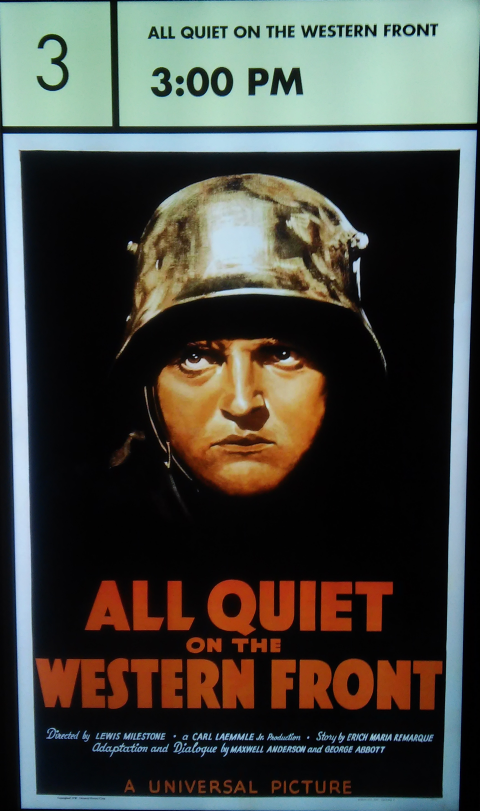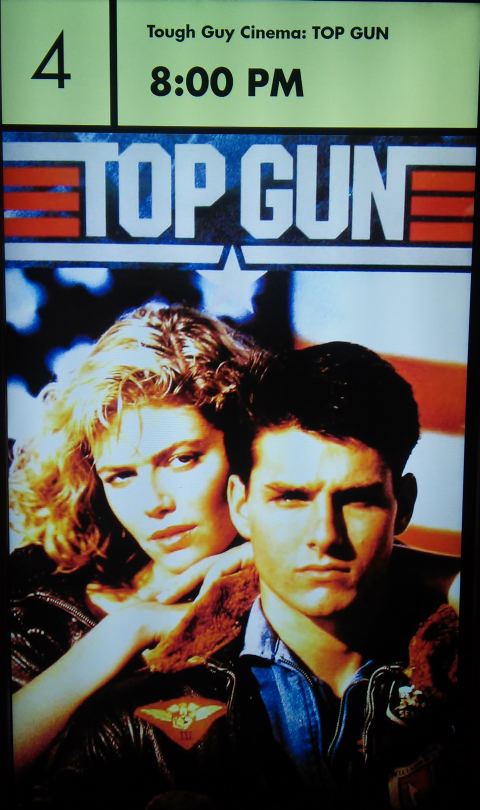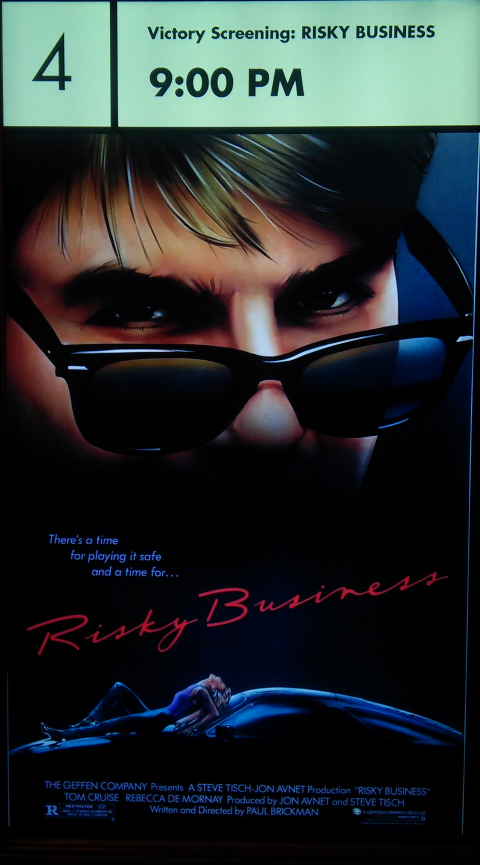‘All Quiet on the Western Front’ (1930)
Of all the armed conflicts in human history, perhaps none was more senselessly brutal than World War I. Early 20th Century Europe was a powder keg waiting for one good spark, and when it came, the continent (and beyond) was plunged into darkness for four long years. Worse yet, the battlefields and high seas were the most violent Petri dishes imaginable, as aging military tactics met groundbreaking new technology: airplanes, submarines, tanks, chemical gas; pretty much anything that could be weaponized was put to such use.
Based on the seminal novel by Erich Maria Remarque, ‘All Quiet on the Western Front’ is an equally important motion picture, as it captures the madness of “The Great War” from the level of the common soldier; from enlistment, to training, to combat, to back home, and, ultimately, to death.
It doesn’t seem logical that a film made four score and six years ago about a war that happened a century ago would feel at all contemporary, yet ‘All Quiet’ somehow manages to do just that. The battle scenes, though not filled with the blood and gore we’re accustomed to now, are as harrowing as can be. What I find even more striking, however, are the characters and their conversations, trying to simultaneously hold onto their humanity while also numbing themselves in order to be effective. If you’ve seen ‘Fury‘ or ‘American Sniper‘ in recent years, you can draw lines back to ‘All Quiet’.
If I have one major criticism, it’s that you feel the movie’s length (it runs over two hours) and sometimes scenes don’t quite flow together, but given how long ago it was produced, that can be forgiven.
There’s little doubt that this is an all-time great film that everyone should see at least once.
Rating: ★★★★½
‘Top Gun’ (1986)
When people ask me what my favorite arthouse film is, I always say it’s the first few minutes of ‘Top Gun’, before “Highway to the Danger Zone” comes in, because it’s nothing but a bunch of long, gorgeous “magic hour” shots of flight deck operations aboard the USS Enterprise, set to that beautifully ambient Harold Faltermeyer score. Really, until Mr. Loggins comes storming in, my brain tells me this is going to be one of the best movies I’ve ever seen, but then reality eventually sets in, and I retreat to a place of disappointment.
That’s right. ‘Top Gun’, that awesome movie you loved when you were a kid, is actually terrible. In fact, by and large, if there aren’t airplanes, Tom Skerritt, or Michael Ironside on the screen, the movie’s a hot mess: the script is bad, the story is dumbed-down, and the romantic sub-plot is horrendous and needlessly log-jammed into the middle of the film. It’s bad. It’s a bad movie.
Now, that’s not to say it’s totally irredeemable, because F-14s are awesome, and F-14s taking on other fighter jets are even more awesome, but all that action doesn’t quite make up for the fact that almost every other element is cringe-worthy.
Basically, ‘Top Gun’ is the kind of movie you put on and fast forward through all the boring parts. There’s absolutely no need to spend all 110 minutes watching the whole thing.
Rating: ★★½
‘Risky Business’ (1983)
‘Risky Business’ is another movie I throw in the Overrated bin. Not unlike ‘Beverly Hills Cop‘, this film lives in the muddled middle: not funny enough to be an effective comedy, and not intense enough to be a cool high school crime drama.
Frankly, the movie is sophomoric, and I get that as a high school story maybe it should be that, but what I really mean is at certain points it feels like it was made by an actual 10th grader. Perhaps the ultimate example of this is when Joel and Lana (Tom Cruise and Rebecca De Mornay) are attempting to get intimate on a Chicago “L” train and the soundtrack is blasting Phil Collins’ “In the Air Tonight”; it’s just such a poor creative choice that made me hate the movie in that moment.
However, there is some good work here, especially the Tangerine Dream score, but not enough for me to recommend the movie outright. Stick to ‘Ferris Bueller’ if you’re looking for a Chicago-area high schooler wish fulfillment movie.
Rating: ★★½




